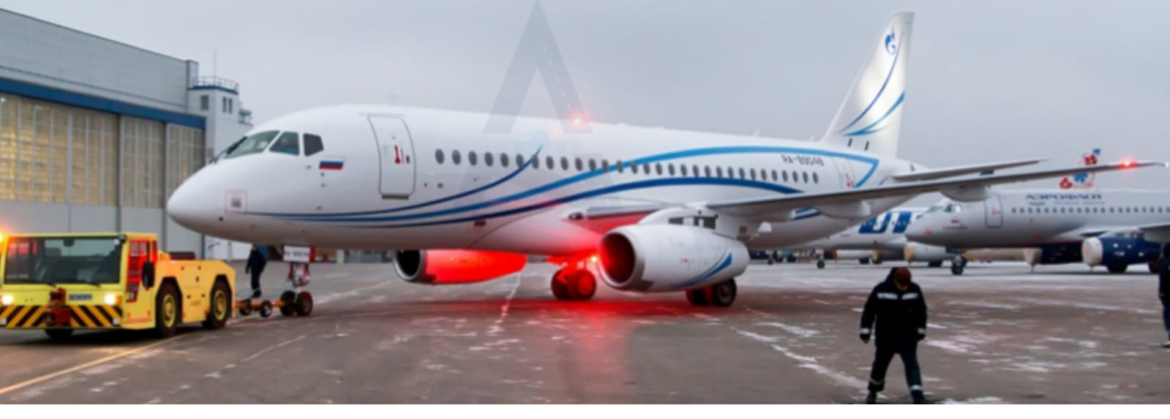Russian business jet operators are reportedly finding ways to circumvent Western sanctions imposed in response to Russia’s invasion of Ukraine, enabling continued access to international markets despite restrictions. These sanctions, which target Russian-owned aircraft and their operations in Western airspace, have significantly impacted the Russian aviation sector, but recent reports suggest that operators are employing a variety of tactics to maintain their activities and serve their clientele.
One of the primary methods these operators are using involves re-registering aircraft in jurisdictions not directly enforcing the sanctions. Countries in the Middle East, Asia, and Africa have emerged as key locations for re-registration, allowing Russian business jets to continue flying internationally without immediately flagging their Russian ownership. This re-registration process often involves the use of shell companies or third-party intermediaries to obscure the true ownership and management of the aircraft, making it harder for Western authorities to track and enforce restrictions effectively.
Additionally, Russian business jet operators are taking advantage of legal gray areas and loopholes in international aviation regulations. For example, they are strategically planning flight routes to avoid sanctioned airspace and are making use of airports in countries that have not aligned with the West’s sanction policies for refueling, maintenance, and technical stops. Some operators are even partnering with non-Russian charter companies or forming alliances with aviation service providers in sanction-neutral or sanction-averse countries, which helps them maintain their services under a different guise.
Moreover, several reports indicate that Russian business jets are being repainted, rebranded, and even reflagged to further obscure their origins. Aircraft transponders, which communicate aircraft identification and location to air traffic controllers, are reportedly being tampered with or deactivated at times, further complicating efforts by Western authorities to monitor these flights.
These evasive tactics have allowed Russian business jet operators to continue serving high-net-worth individuals and corporate clients who require the flexibility and privacy that private aviation offers. Many of these clients have substantial business interests in regions not affected by the sanctions, such as the Middle East, Southeast Asia, and Africa, where enforcement is less rigorous. Consequently, Russian business aviation has found some degree of resilience amid a rapidly changing and complex geopolitical environment.
However, these efforts to dodge sanctions are drawing increased scrutiny from Western regulators and international aviation bodies. There is growing pressure to close these loopholes, with some experts calling for more stringent enforcement mechanisms, such as better coordination between aviation authorities and more rigorous checks on aircraft registrations and flight plans. Additionally, there are discussions about expanding the scope of the sanctions to cover more jurisdictions and tighten control over aircraft parts, maintenance services, and insurance, which are vital for the operation of these business jets.
In response to these evasive maneuvers, the U.S. and its allies are also considering new measures to disrupt the supply chains that support Russian aviation. This includes tighter controls on the export of aircraft parts and maintenance equipment, as well as broader financial sanctions that would make it harder for Russian entities to obtain insurance and other services necessary for maintaining and operating their aircraft.
While these steps may complicate the operations of Russian business jet operators, the highly interconnected nature of the global aviation industry and the innovative approaches being adopted by these operators suggest that completely shutting down their activities will remain a significant challenge. The situation illustrates the complexities involved in enforcing international sanctions in an era of globalization, where the lines between national jurisdictions and global markets are increasingly blurred.
As Western authorities work to tighten the noose, Russian business jet operators continue to exploit every possible gap in the sanctions regime, highlighting the ongoing cat-and-mouse game between regulators and those seeking to evade restrictions. The outcome of this struggle will likely have far-reaching implications not only for the future of Russian aviation but also for the broader global effort to enforce international norms and policies effectively.

